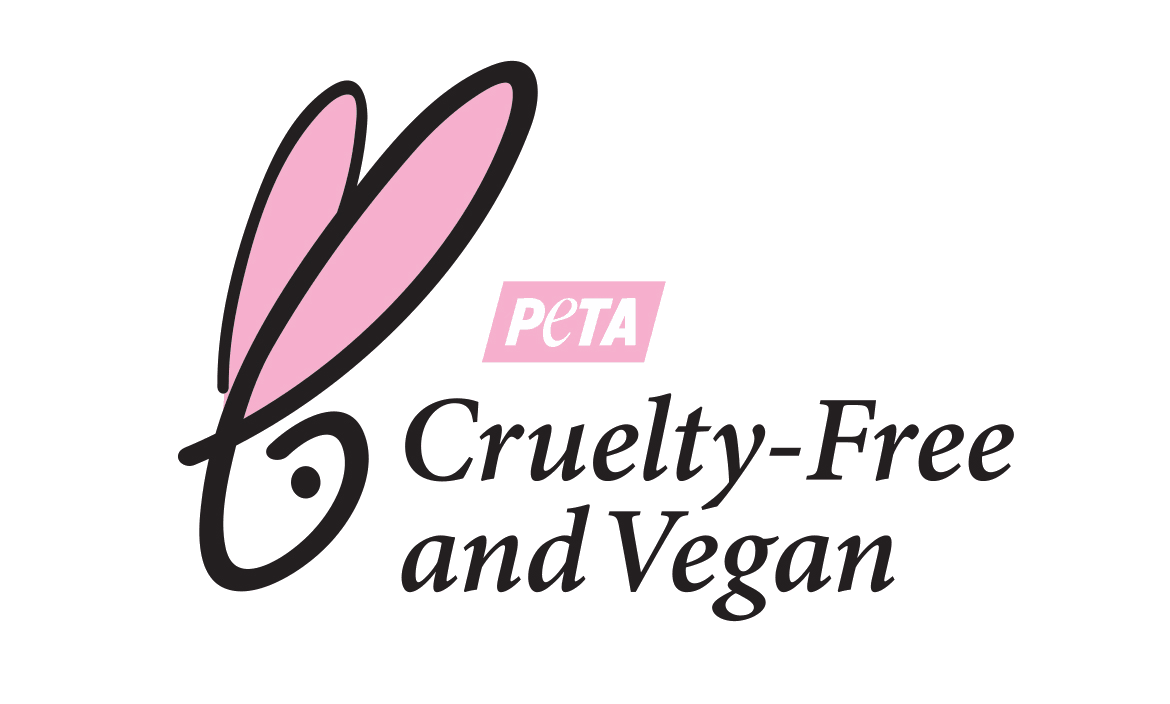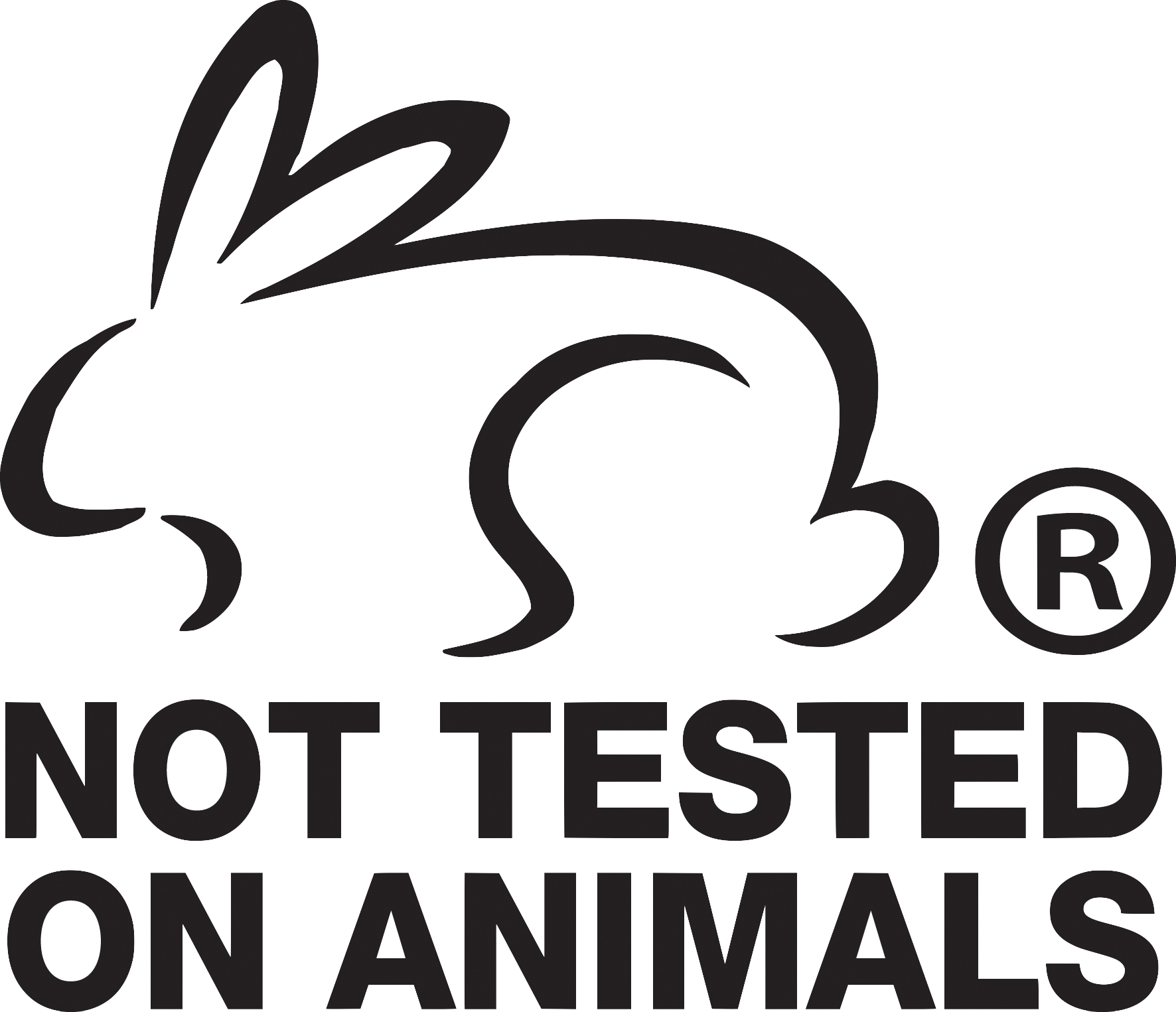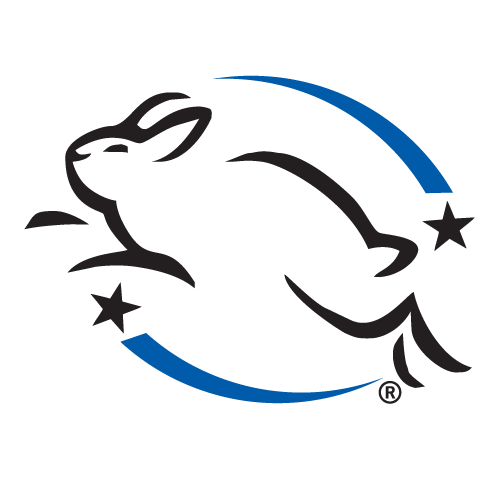
Consumer Ethics And The Meanings Of Cruelty-Free Certifications: The Truth Behind The Bunny
Joanna DafovskiWhat does Cruelty-Free even mean?
First, it is important to explore what cruelty-free means in terms of production of cosmetics and household items. When people think of Cruelty-Free products, it often is thought to be animal testing, which is one of the major animal welfare concerns in the cosmetics industry.
Animal Testing is the use of non-human subjects to test products before production and distribution. Some countries, such as Mainland China, have passed legislation that requires products to have been tested on animals before they can be imported to the country and sold in stores.
One of the requirements of all of the following certifications is to prohibit the distribution of their products to these regions. There are many countries that are slowly banning or limiting animal testing all over the world, and ensuring new ways to safely test new products such as human cell testing in labs instead of exposing animals to painful and even deadly experimentation.
An unbiased comparison of Cruelty-Free standards
When searching for the right products for your house or yourself, many consumers value when their favourite brands follow an ethical, cruelty-free method of testing and manufacturing. Cruelty-free products are easily recognized by logos of bunnies stating cruelty-free methods of production.
Currently, there are three well-recognized logos from various non-profit organisations that can be found on everyday products, and although they carry the same goal of creating a more ethical approach to production of goods, there are key differences that vary their own truths behind their bunnies.
Although none are considered wrong, each non-profit has different standards as to what they consider a cruelty-free product, and consumers should always know that the labels on their products mean and make educated decisions on the most ethical products to suit their lifestyle.
Why Cruelty-Free Certification Matters
When creating new formulas for cosmetics, research is important to ethically source ingredients, and work towards creating a more positive reputation for the cosmetics industry. Performing background testing on potential suppliers, sticking to trusted ingredients, or performing ethical human-based tests on new ingredients are just a few things suppliers and companies can do to become a cruelty-free brand and build trust with consumers for ethically sourced products for all their cosmetic or household needs.

PETA: Beauty Without Bunnies
When people think of animal welfare, one of the most popular organizations people think of is the People for the Ethical Treatment of Animals, or PETA for short. The Beauty without Bunnies campaign, indicated on product packaging by a bright pink logo of bunny ears, ensures that beauty products are not tested on animals. It is important to note that Beauty without Bunnies only ensures the regulation of cosmetic products like makeup or soaps, but excludes household cleaners and other products that other labels regulate.
What is the focus of Beauty Without Bunnies?
Beauty without Bunnies prohibits the testing of the product on animals for any reason. The goal of this initiative is to encourage the creation of Vegan products that do not interfere with any animal’s welfare, and also bans the use of animal based ingredients such as Beeswax and Honey, or a red insect-based pigment called Carmine. These prohibitions also stretch to refuse distribution to countries that support or require animal testing before reaching store shelves.
Brands that sign up for PETA approval must prove that both their ingredients and final product are ethically sourced, and are not tested on animals throughout the entire production process.
The Beauty Without Bunnies certification logo is an effective indicator to consumers if those consumers prefer to consume vegan products, and to support PETA’s movement to globally ban animal testing, but there are other logos with broader qualification for a broader spectrum of products for consumers.
When pertaining to compliance, Beauty Without Bunnies receives a low grade. Unlike other cruelty-free certifications, there are no audits or reviews conducted to ensure compliance, nor are there legally binding contracts to punish those who are non-compliant. Therefore, it is impossible to know whether brands are sticking to their pledge to remain cruelty-free.

CHOOSE CRUELTY-FREE (CCF)
Choose Cruelty-Free is an Australian-based non-profit with some of the most strict guidelines on who can be certified, and the rules they must pledge to adhere to. CCF ensures that companies are not only banning animal testing, but also have clear guidelines on what they can and cannot use in their products.
What does a company have to do to qualify for CCF Certification and earn their bunny?
Not only does the company have to sign a legally-binding contract to remain cruelty-free, but they also must provide proof to have been cruelty-free for 5 years prior to their application for their CCF certification. This ensures those truly dedicated to the ethical production and distribution of their brand earn their certification. Companies are also prohibited from selling their products in countries that have laws requiring animal testing before hitting the shelves.
Similar to PETA, CCF also requires signing a pledge to not use animal testing on their ingredients or finished products. This aspect is predominantly displayed on their logo, and is easily identifiable as an important aspect of being cruelty-free.
Not only are companies not allowed to test on animals, they also have strict guidelines on animal-derived ingredients:
-
Animals cannot be killed for the sole purpose of ingredient extraction and collection.
-
Animals cannot be caused harm or discomfort from the forcible collection of the ingredient
-
Ingredients cannot be collected from wildlife
-
Animals cannot be by-products of the fur industry.
-
Ingredient collection can only be done if the animal is killed for another reason, meaning there cannot be slaughterhouses for specific ingredient collection.
These guidelines are not only for the direct brand or company, but also parent companies and subsidiaries. CCF is unique in these specifications for both parent companies and brands, and also their strict specification on what can and cannot be used by the brands.
Although their criteria is impressive, don’t expect CCF to perform audits anytime soon on the CCF certified companies. CCF does not conduct compliance audits to ensure the companies are continuing the pledges they made when they registered for CCF certification. Relying on trust of a legally binding contract can leave room for brands to falsely claim cruelty-free status to maintain customers and in turn, reduce reliability of these certifications.
So with all these flaws with PETA and CCF, how do we know the best of the best in cruelty-free certifications? The one cruelty-free certification that is leaps and bounds above the others, is the Leaping Bunny.

LEAPING BUNNY
The Leaping Bunny is the leading cruelty-free certification, it is unique from the others in that it conducts its own audits on their companies to ensure compliance and dedication to creating true cruelty-free products for consumers.
Internationally, The Leaping bunny is awarded to companies by Cruelty-Free International, and in North America, The Coalition of Consumer Information on Cosmetics (CCIC), both following a thorough list of qualifications ensuring the best of the best end up Leaping Bunny Certified.
What exactly are the Leaping Bunny’s requirements for maintaining such a high standard?
Companies that sign up to be Leaping Bunny Certified must:
-
Have a fixed cut-off date for time that they have not tested on animals
-
Be prohibited from distributing their products to countries or regions that have Animal Testing mandates
-
Implement screening processes for their suppliers and ensure they also follow the criteria for Leaping Bunny, ensuring the entire production of the product remains cruelty-free and ethical.
-
Conduct audits to ensure compliance in the entire manufacturing process
-
Never, for any reason test their products, or ingredients, on any animal
The Leaping Bunny receives a passing grade on both compliance and dedication to creating ethical products for consumers, and ensuring animal welfare at all levels of production and distribution.
Sources:
https://www.humanesociety.org/resources/cosmetics-testing-faq
https://www.peta.org/living/personal-care-fashion/beauty-without-bunnies/
https://veganrabbit.com/cruelty-free/cruelty-free-basics/cruelty-free-logos-labels/
https://www.leapingbunny.org/about/corporate-standard-compassion-animals-standard
